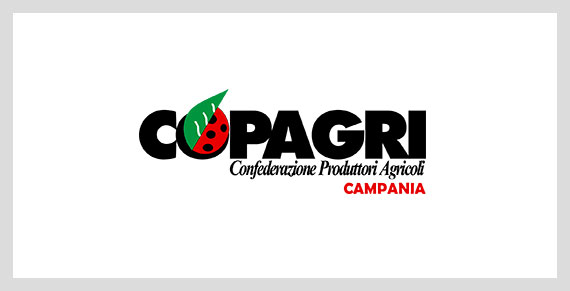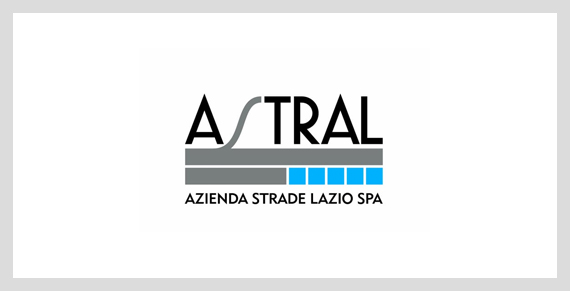
Copagri Campania Case History
Problem
- difficulties in registering incoming and outgoing documents, ever-increasing quantities of paper documents;
- document flows out of control in the face of an ever increasing number of services provided;
- enormous logistical problems in the registration of documents destined for offices with different locations throughout the territory;
- high number of lost documents;
- constant decrease in efficiency levels in carrying out administrative processes and increasing levels of stress among operators;
- increasingly long times in the search and retrieval of documents.
Need
to equip itself with a simple, easy-to-use solution for the registration of incoming and outgoing digital and paper documents, and for their subsequent archiving in digital format that would allow the reduction of paper material in circulation and above all a rapid search for documents.
Goals
- simplify the registration and management of documents ensuring security and transparency of operations regardless of the geographical location of the offices involved;
- zeroing of document loss;
- increase in performance levels and lower stress levels through the introduction of more efficient work tools necessary for carrying out the activities of registration, sorting, filing and searching for documents.
Implemented solution
The solution capable of ensuring the achievement of the objectives was identified in ZenDMS Computer Protocol.
Business areas
General services and secretarial services
Benefits obtained
The implementation of ZenDMS Computer Protocol has allowed us to bring all efficiency and productivity parameters back under control. The expectations generated by the adoption of an automatic solution to manage and log documents have found great satisfaction. The feedback among the users of the solution was largely positive, nipping in the bud any reticence physiologically linked to the adoption of new and unknown work tools, favoring, on the contrary, greater collaboration and consequently a higher quality of the services provided.


